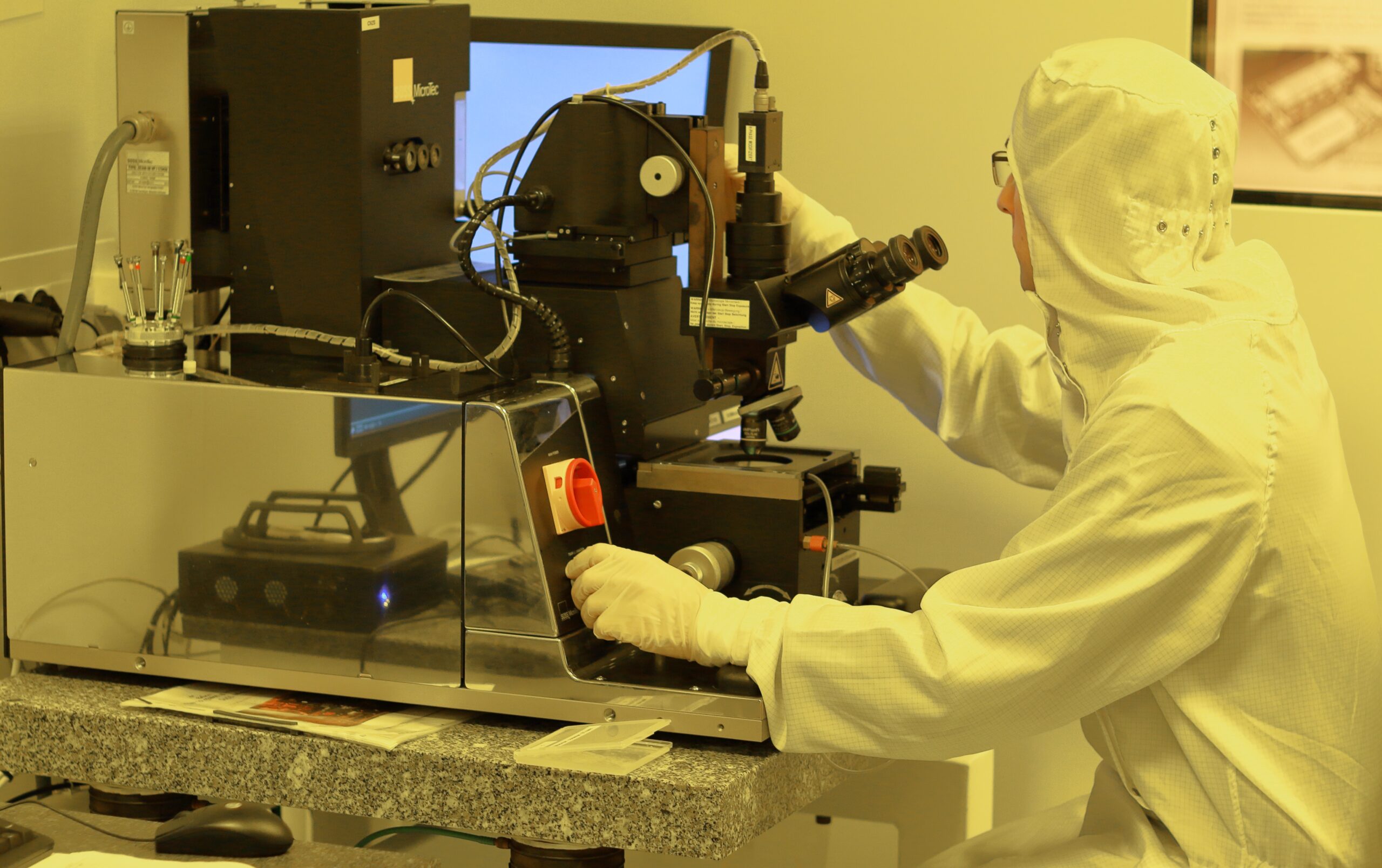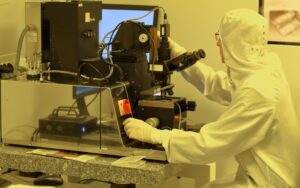In today’s rapidly advancing world, science and technology continue to push the boundaries of what was once thought impossible. One field that has gained significant attention and holds immense promise is nanotechnology. At the nanoscale, scientists and engineers manipulate matter with precision to create materials, devices, and systems with extraordinary properties.
Nanotechnology is the study, manipulation, and application of materials and devices at the nanometer scale, which is roughly 1 to 100 nanometers. At this size range, the behavior of matter can differ from its bulk properties, opening up new possibilities for innovation. Nanotechnology encompasses various disciplines, including physics, chemistry, biology, and engineering, working together to understand and harness the unique properties exhibited at the nanoscale.

Nanomaterials are the building blocks of nanotechnology and can be engineered to possess extraordinary properties. Examples include carbon nanotubes, nanoparticles, and nanocomposites. These materials find applications in a wide range of fields, including electronics, medicine, energy, and environmental science. Nanomaterials exhibit enhanced strength, high conductivity, and improved chemical reactivity, making them invaluable in various industries.
The electronics industry benefits greatly from nanotechnology. Miniaturization of components at the nanoscale allows for faster, smaller, and more efficient devices. Nanoelectronics enable the development of high-performance transistors, memory devices, and sensors. Furthermore, nanotechnology plays a crucial role in the emerging field of quantum computing, where quantum bits or qubits are manipulated at the nanoscale for advanced computational capabilities.
Nanotechnology holds immense promise in revolutionizing healthcare and medicine. Nanoparticles can be designed to deliver drugs more effectively, targeting specific cells or tissues while minimizing side effects. Additionally, nanoscale sensors enable early detection and monitoring of diseases, paving the way for personalized medicine. The development of implantable nanodevices, such as artificial organs and prosthetics, offers potential solutions to enhance the quality of life for patients.
Addressing global energy and environmental challenges is another area where nanotechnology can make a significant impact. Nanomaterials can enhance the efficiency of solar cells, enabling cost-effective and renewable energy sources. Additionally, nanotechnology plays a crucial role in developing energy storage solutions, such as high-capacity batteries. Nanoscale catalysts are also employed in environmental remediation, enabling efficient removal of pollutants from air and water.
Nanotechnology presents a world of opportunities across various fields, promising breakthroughs that were once considered science fiction. With ongoing research and development, we can expect further advancements that will transform industries, improve healthcare, and address global challenges. As we delve deeper into the remarkable world of nanotechnology, the possibilities are limited only by our imagination.



